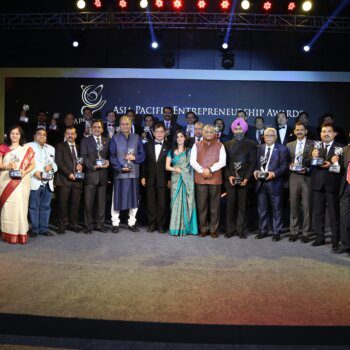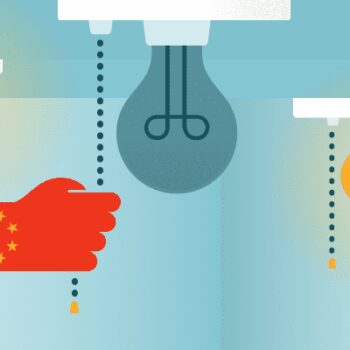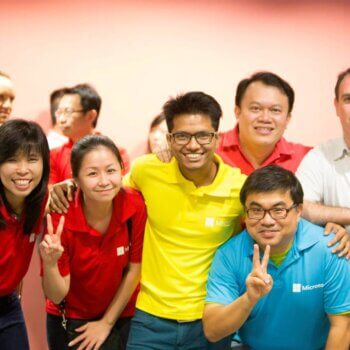Depression sucks ass. J.K. Rowling’s dementors are the only way I’ve seen depression described that really demonstrated how it feels. Now — if only there was a real patronus that could chase it away.
About 50% of all entrepreneurs are reportedly suffering from mental illness, 30% report being depressed. That’s insane if you compare to the general population — “only” 7%. It took some time, some medication, and a ton of work to get through my own battle with mental illness.
This year, when I was fighting the uphill battle with entrepreneurship, I noticed a lot of similarities between launching a business and overcoming my depression. There are synergies and overlap in the methodology of solving the toughest business challenges and conquering the roughest mental illness. I thought I might share it, just in case it will help someone else fight their own demons a bit easier.
A little background — I fell into depression and anxiety last year after a loved one passed and I couldn’t take time off work because apparently being a professional means you really should just suck it up. It was the worst experience in my life.
I recently had surgery where I woke up in the middle of the night thinking I died and I was in hell because of the pain (oops, forgot to take the Oxys). Yet I would still rather get surgery over and over again than go through depression again.
Depression is something that plagues so many, and while the stigma for supporting mental illness has faded, the fear of coming out about one’s demons has not. So I am coming clean about my mental illness, and hopefully I can help just one person with this guide.
TL;DR: Fighting depression is like running a startup — there are ups and downs, but you find what works by testing and being creative with what you got.
1. Stay Lean
The hip thing in startups for the past five years has been running a lean startup — cutting out the unnecessary crap and reducing resource hogging activities that add no value. It makes a ton of sense for startups, why not for yourself?
From the get go, the first thing you need to create is a problem statement. What are you trying to solve? Mine was: “I need to overcome depression because it sucks balls.” The act in stating that there is a problem, and that you will create a solution to address it, shifts something in your brain. For me, it was no longer “I can’t”, it became an “I will”, and that tiniest change in my perspective somehow gave me the strength to get out of bed in the morning.
Here is the lean business canvas. It is used by startups to quickly define a vision for your business idea. Instead of filling it out from the perspective of an entrepreneur, fill it out for yourself.
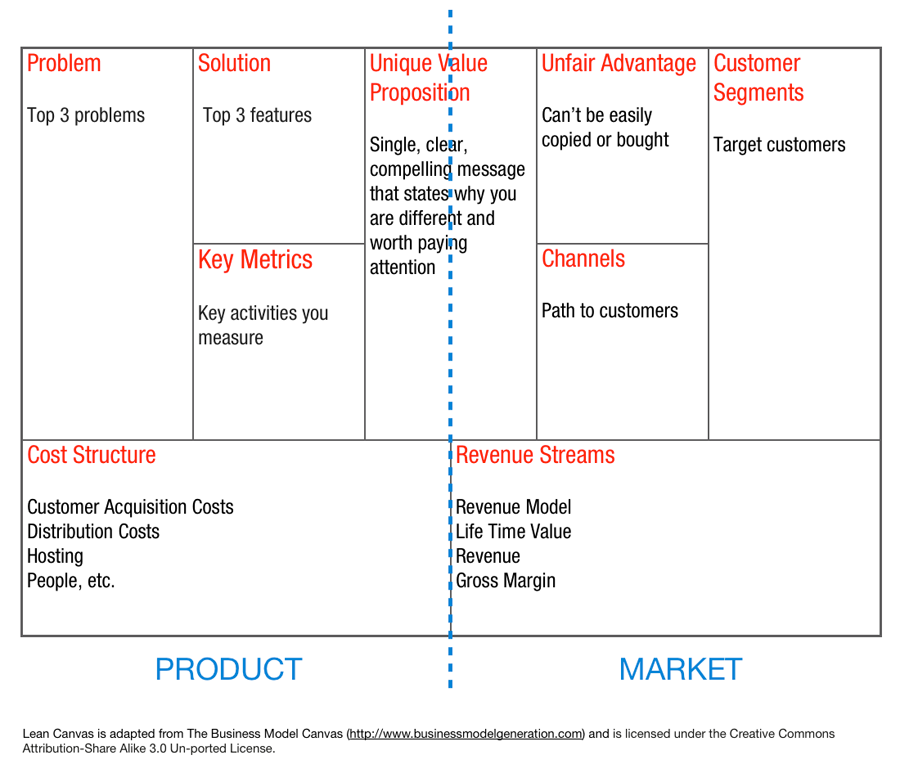
You are the customer, the channel, and the solution. The value proposition is the drive behind why you’re fighting. The revenue streams and cost structure are the input and output of energy and time.
The unfair advantage is that you know yourself, and only you can do it. Think about it. That’s pretty damn powerful. When you realize that you are the only person who can get yourself through depression, you are much more capable of being the solution.
2. Acquire the Right Talent

When I first told some of my friends and family about having depression, the reactions were fire and ice. Some were amazingly understanding, supportive, surprising me in the best way possible. But then I had this conversation:
Me: I’m having a really hard time, I’m going through depression.
Him: LOL why? You shouldn’t have depression, you don’t deserve it.
Okay. That’s not really the real transcript. But the gist of it is that, just because 1) I have a job, 2) I’m in a good relationship, ergo I should be of perfect mental health.
In a lean startup, you conserve as much resources as you can and only hire the right people for the right jobs. In your fight against depression, your currency is your energy, and it costs too damn much to spend time with people that are toxic to your cause.
Similarly, if a venture capitalist or potential investor doesn’t believe in your product or even that a problem exists, spending time telling them that it does wouldn’t change a damn thing.
If there are people in your life that don’t share in your vision (of getting better), then they are wasting your time and energy and you need to cut them out of your life. I mean that figuratively of course, if someone doesn’t understand the struggle, it just means they are not informed. Instead of spending time trying to get them to understand how utterly shitty depression is, it’s best to mark them up as a failed iteration and come back to them in the future when you have the energy to educate them.
3. Use All The Tools
There are a ton of free tools and resources available to entrepreneurs starting out such as regional entrepreneurship centres, Meetup groups, grants, consulting, legal advice and free software. Similarly, there are a lot of resources available for people overcoming mental illness.
Here’s a good list by John Capecelatro.

One tool that we have at our disposal is anti-depressants. Even my biggest supporters at my darkest moments hesitated when I said I’m going on the pill. But my doctor said it best: if a headache was just an ailment of the brain, then why are you okay with taking an Advil?
I’m not saying that everyone should be taking pills, but for me it helped immensely. I was also really lucky that the first one I tried worked for me. The point is, don’t feel as if by taking medication you are losing to your depression. It’s a tool, it’s not a crutch. In fact, I’m on crutches right now because of surgery, but how stupid would it be if I threw it away when I needed it because “strong people don’t need crutches?”
4. A/B Test
A/B testing is simple, put two slightly altered versions of a product forward and see what has better results. Depression is something that doesn’t disappear in a day, just like building the perfect product.

Take it day by day.
I kept a journal in which I documented things that worked for me and things that didn’t. For example, I realized the days I meditated in the morning I was a lot calmer than the days I meditated at night. Or more subtly, when I tied my hair back, I felt a lot more energized than when I left it down. A/B testing what makes me happier applies not just for mental illness, but for every facet of my life.
Note: Don’t A/B Test with your medication unless your health practitioner tells you to.
5. Iterate
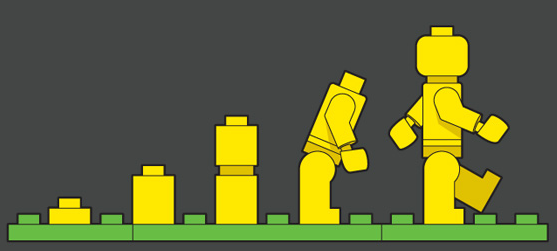
Overcoming depression is an iterative process. After each iteration, you get a little closer to feeling like you again, until one day you look back and think: “Wow, I got out of bed today and was actually excited for my day again!”




